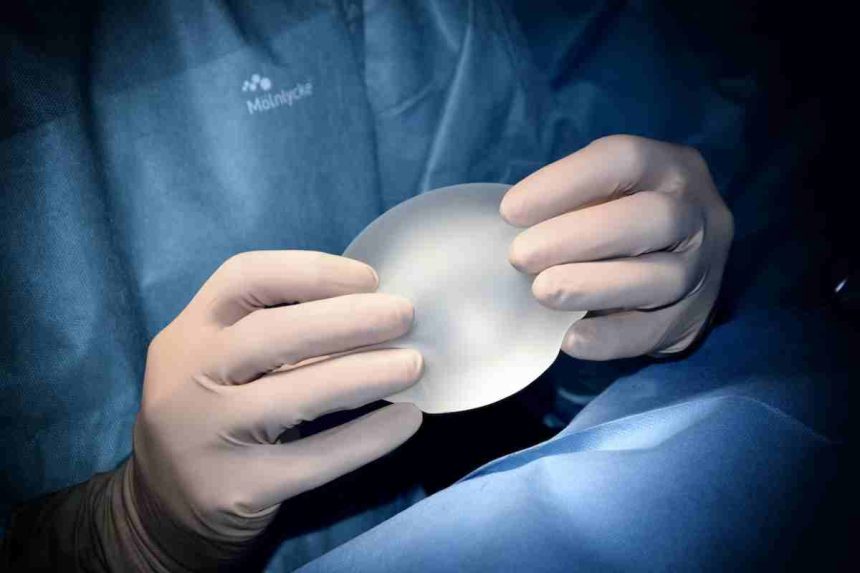Breast augmentation is a general cosmetic procedure that can enhance a person’s appearance and boost self-confidence. However, not everyone is a suitable candidate for this surgery. Before considering the benefits of breast augmentation surgery, it’s essential to understand the factors influencing candidacy.
In this article, we’ll explore these factors to help you determine whether breast augmentation is right for you. We’ll also answer some frequently asked questions to provide a comprehensive understanding of the process.
Table of Contents
Physical Health: A Key Determinant of Candidacy
Your overall physical health is the primary factor in determining breast augmentation candidacy. A healthy body is more likely to heal effectively and achieve the best results from the surgery.
It’s crucial to discuss any pre-existing medical conditions with your surgeon, as some conditions may increase the risk of complications.
Here are some physical health factors that might determine if you are a candidate for the procedure:
- Stable weight: Keeping a consistent weight is vital, as significant weight fluctuations can affect the appearance and longevity of the implants.
- No active infections or illnesses: Your body should be free of any active infections or illnesses during surgery to minimize risks and ensure proper healing.
- Good cardiovascular health: A healthy heart and circulatory system are essential for safe surgery and smooth recovery.
- Blood clotting disorders: If you have a history of blood clotting disorders, discuss this with your surgeon, as it may affect your candidacy or require additional precautions.
- Diabetes management: If you have diabetes, it should be well-controlled to minimize the risk of complications and promote proper healing.
- No history of keloid or hypertrophic scarring: Individuals prone to abnormal scarring may not be ideal candidates. As this can affect the aesthetic outcome of the surgery.
By addressing these physical health factors and maintaining open communication with your surgeon, you can determine if breast augmentation is the right choice for you.
The Impact of Smoking on Breast Augmentation
Smoking can have a negative impact on the success of your breast augmentation surgery. Nicotine constricts blood vessels, reducing blood flow and oxygen supply to tissues, which slows healing.
It’s recommended to quit smoking at least six weeks before the surgery and throughout the recovery period to minimize risks and improve outcomes.
Emotional Well-being: An Essential Aspect of Candidacy
Your emotional well-being plays a significant role in determining your suitability for breast augmentation. Having realistic expectations about the surgery’s outcome is essential, as understanding that the procedure is meant to enhance your appearance rather than achieve perfection.
A positive attitude and a strong support system can help you navigate the emotional ups and downs that may accompany the decision to undergo breast augmentation.
Age and Breast Augmentation: Timing Matters
While there is no strict age limit for breast augmentation, most surgeons recommend waiting until the breasts have fully developed, typically around the age of 18. Furthermore, the FDA has set the minimum age for saline implants at 18 and silicone implants at 22.
However, exceptions may be made for individuals with congenital breast deformities or significant asymmetry.
Pregnancy, Breastfeeding, and Breast Augmentation
If you’re planning to become pregnant or breastfeed in the future, it’s crucial to discuss this with your surgeon. Pregnancy and breastfeeding can cause changes in breast size and shape, which may affect the appearance of your implants.
While it’s possible to undergo [breast augmentation] before having children, some women may wait until they’ve completed their family to ensure long-lasting results.






